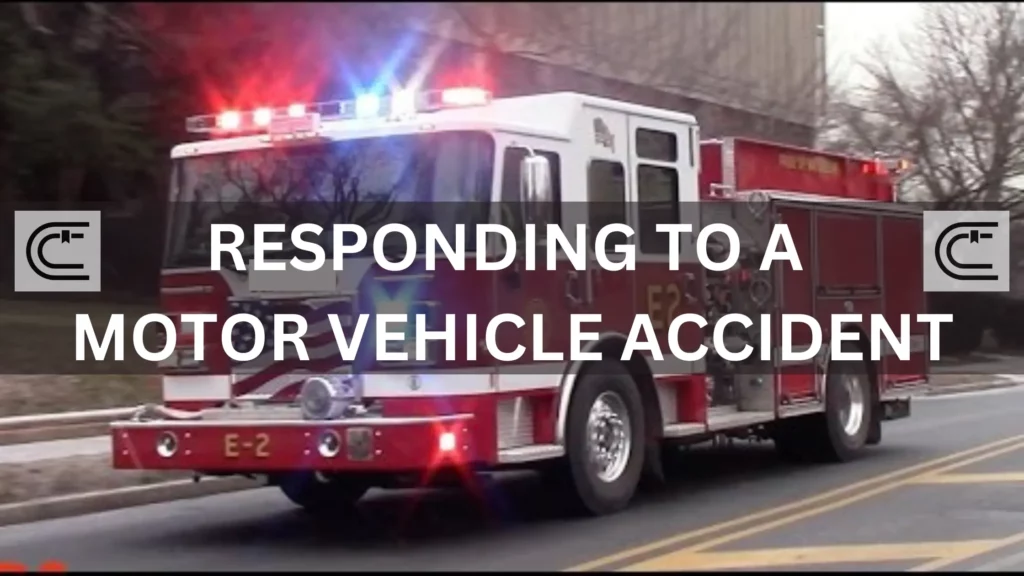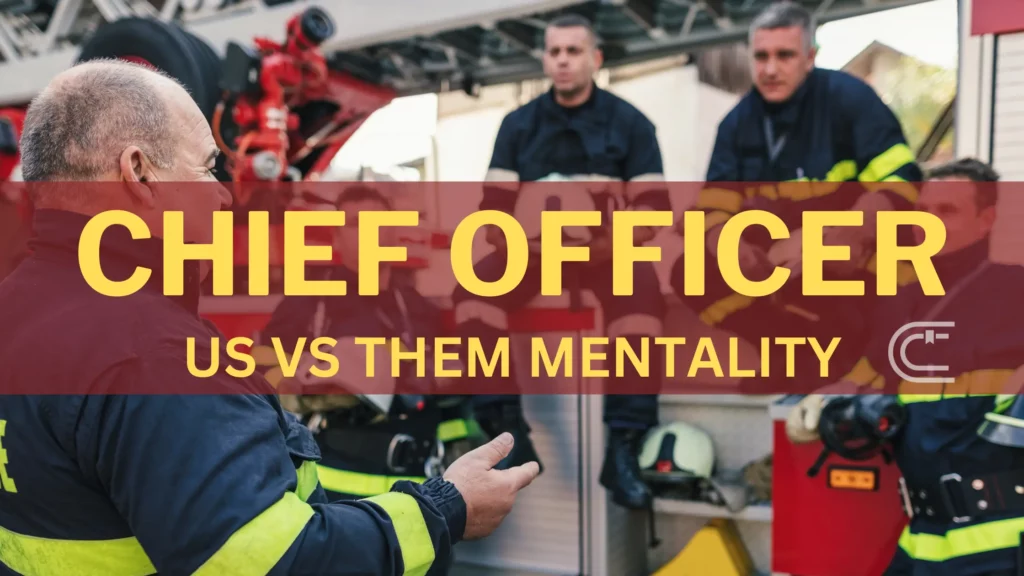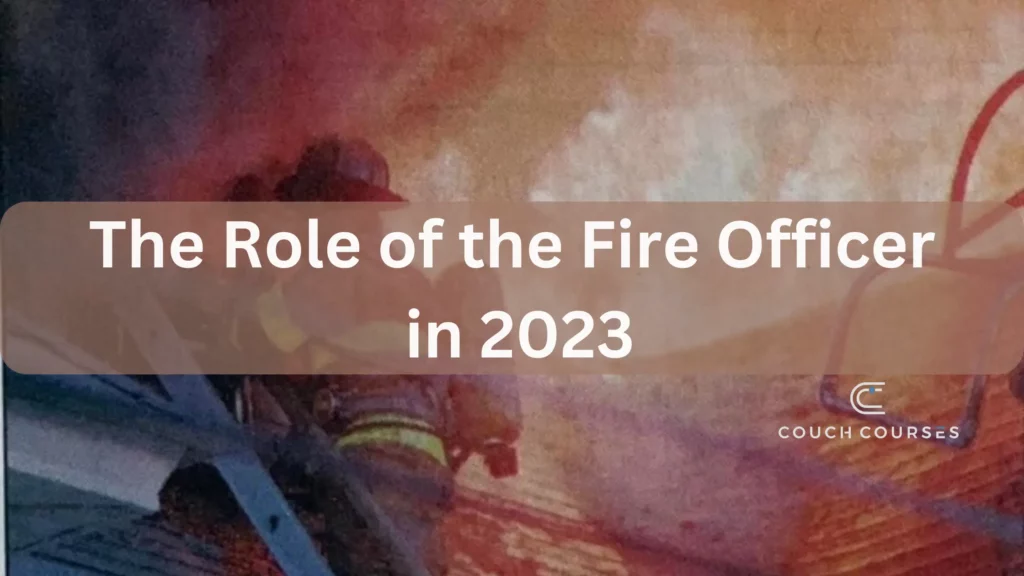How to be a Fire Department PIO
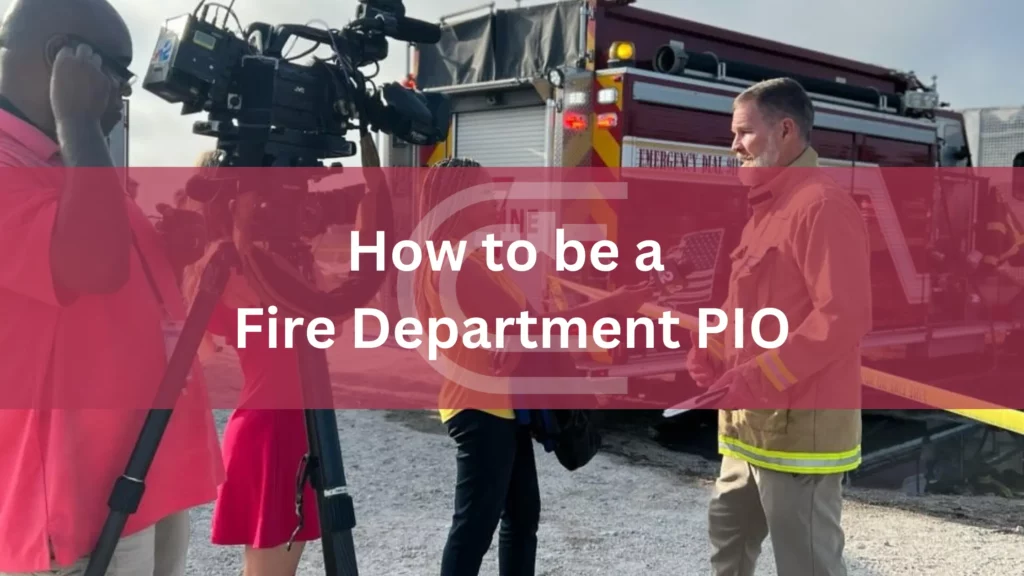
Whether you want to be a fire department PIO, or you’re asked to be a PIO, the position is important and requires education and preparation.
Many fire departments are fortunate enough to have a full-time Public Information Officer on staff, but some might not be big enough or have the position in the budget. I am a Public Information Officer, commonly called PIO, for a mid-sized fire department (278 first responders and 33 civilian positions).
So you have been asked to be the fire department PIO!
If you work at a department that doesn’t have a full-time PIO, you may be asked by your chief or supervisor to take on the job of PIO. Whether you enjoy public speaking and volunteer for the job or you were “voluntold” to do the job, you should strive to do the best job possible.
Keep reading for a few ideas to help you be the best PIO possible.
Know your market!
My department is in a television market ranked 61 out of 210, which means we get our fair share of television coverage during emergency scenes or “breaking news,” as the TV anchors say.
The media, generally newspaper and TV reporters, are the main customers for the public information I provide. I also keep the public informed through our social media channels.
Being a spokesperson
One of my primary responsibilities is to serve as department spokesperson and to provide the public and news media information about our department.
In the old days, reporters would listen to scanners and respond to the scene of a fire or severe accident. These days, scanner apps, neighbors with phones and social media make it even easier for reporters to stay connected and informed.
It is not usual for them to call while I’m en route to a scene asking me to confirm the information they just heard. When this happens, I give the facts I know and inform the reporter I will know more once I get on scene.
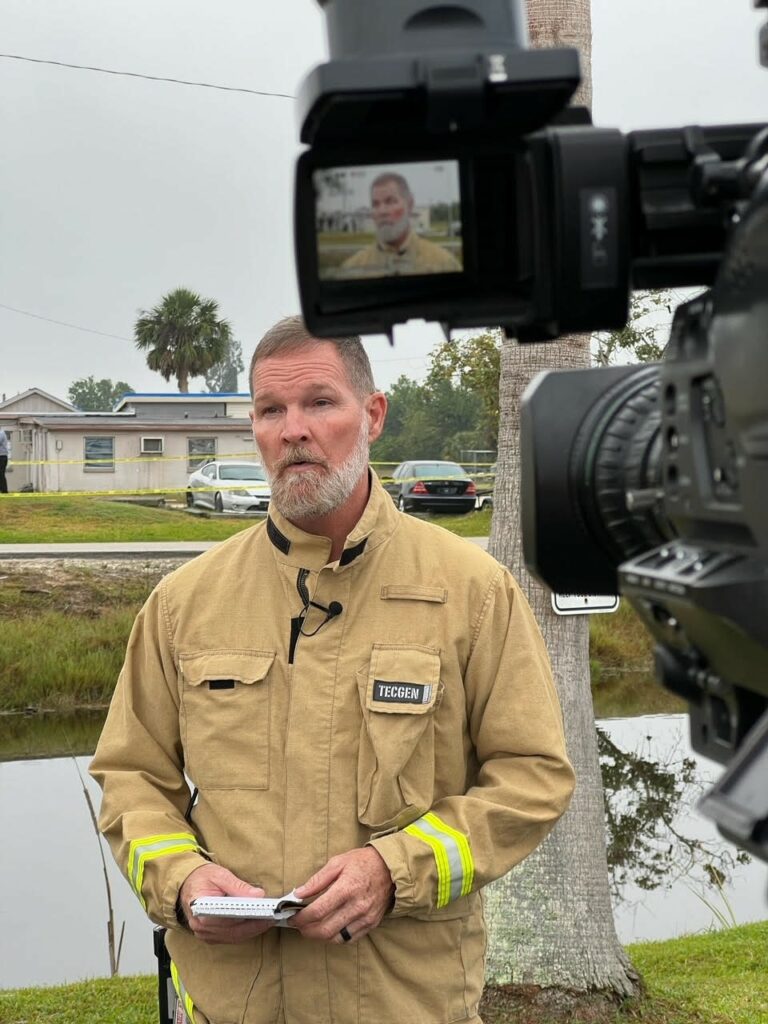
Speak with Command
Listening to radio traffic gives me a good idea of what is happening before I arrive. Once on scene, I gather additional information by observing and keeping an ear on radio traffic. Before sharing additional information with the media, I confirm the facts with command and ask about other essential details.
Relationships are important
As a fire department PIO, spend time getting to know your local press. Developing positive relationships during normal day-to-day activities is valuable during emergencies.
Here are a few ideas to help you get to know your local reporters.
- Invite them to tour your station or headquarters
- Invite them to cover or observe training events
- Inform them about preparedness or awareness campaigns
- Share your contact information so they know how to reach you
Always respond to media inquiries promptly, even if you don’t have an answer. This way, they know you received their request and are working on it. Tell them if you are not able to or choose not to comment. Most media representatives will understand and always appreciate the quick response.
You should also build relationships with the PIOs from neighboring agencies and regions. These relationships could be beneficial during a large natural disaster or extended emergency as they may reach out to offer their assistance and give you a much-needed break.
Legal rights
A fire department PIO should be familiar with local and state laws about public information. Be sure to learn what you can release and what information may be exempt.
If your department treats and transports patients, you should be familiar with the Health Insurance Portability and Assurance Act, more commonly called the HIPAA law. A good resource for this information could be the person in your department responsible for providing records requests, the Human Resources Department, or your agency’s legal representative.

Tips for being on camera
You’ve built the relations, know the laws, and know you are at a scene with the media waiting for you to provide information on camera. Always ask if it will be a live or a recorded interview.
If you are doing a live interview, it means what you say is broadcast on TV as you say it. You handle a live interview the same as a recorded interview, with one exception. During a recorded interview, you can restate the thought or sentence you are trying to convey if you misspeak or mess up. If you make a mistake or misspeak live, make the correction and continue talking.
During the interview, you should:
- Look at the reporter, not the camera
- Stay in your lane. Don’t talk about a law enforcement issue if you represent the fire department
- Express empathy and acknowledge how people may be feeling
- Use plain language and avoid acronyms.
- Avoid cliches
- Always be truthful and never lie
- If you don’t know the answer, say so and offer to provide the answer at a later time
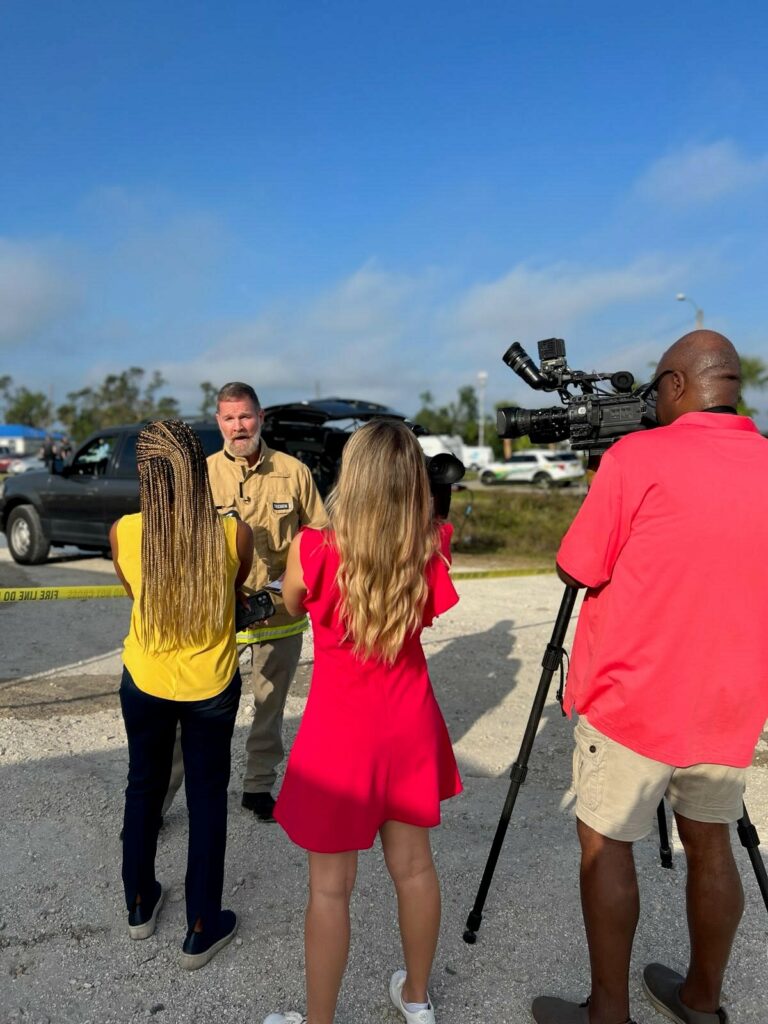
Additional Duties
The list of potential additional duties for a PIO is long and can keep you very busy. These are a few: public education, public speaker, customer service, MSBU advisory board member, Joint information center member, social media manager, event coordinator, special event coordinator.
Conclusion
Whether you are a full-time PIO or tasked with filling the role part-time, find a way to practice public speaking. One way to do this is by joining a speech club like Toastmasters International. Toastmasters is a club designed to help members practice and improve the skills necessary to communicate clearly and confidently.
You can also get better by taking an online fire department PIO course. If you want to improve and have a PIO in your fire department, let them know you are interested in improving and are open to filling in or joining them at their next public outreach event.
Even if you do not desire to be a PIO, you can still help them out (if your SOPs allow) by taking pictures of training and public outreach events and sending them, along with some information, to your PIO so they can share it with the public.
Resources
- Brown, Leo M. (2004). Media Relations for Public Safety Professionals (Jones and Bartlett Learning)
- Florida Association of Public Information Officers
- National Interagency Fire Center Incident Resources for PIOs
- FEMA PIO Courses at the Emergency Management Institute


